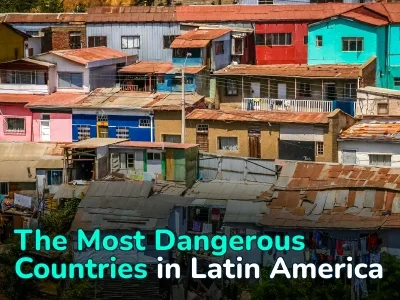
«Housing, meat, and fruit are the most expensive things here.» Personal experience of moving from Kazakhstan to South Korea
Considering moving to South Korea? This article will help. You’ll learn first-hand about all aspects of relocation to Korea and life in the country, from preparing the documents to finding a job and housing prices.
Recently, Karina from Belarus told us about her experience of moving to South Korea; you can read the text of this interview here. Today, Togzhan, who moved to Seoul from Kazakhstan, shares her moving experience and impressions of life in South Korea with us.
«I’ve been interested in South Korea for over 10 years»
— My name is Togzhan, and I’m from the city of Almaty in Kazakhstan. Now, I moved to South Korea to study the Korean language at Yonsei University. I’ve been in Korea for 8 months now; I live in the city of Seoul.
I decided to move because I always wanted to try living and studying abroad. And I chose Korea because I have been interested in this country for more than 10 years. Before the move, I was here twice as a tourist, and I liked everything. In fact, that’s why I wanted to see what it’s like to live here.
My ground for moving was the D4 study visa: you can get it by taking a Korean course at any university in Korea, and then you can change from D4 to a D2 visa if you go to graduate or undergraduate school in Korea. It is also possible to stay in the country by getting married and obtaining a marriage visa. It is difficult to get a work visa in Korea: in order to work here, you must have graduated from the local university.
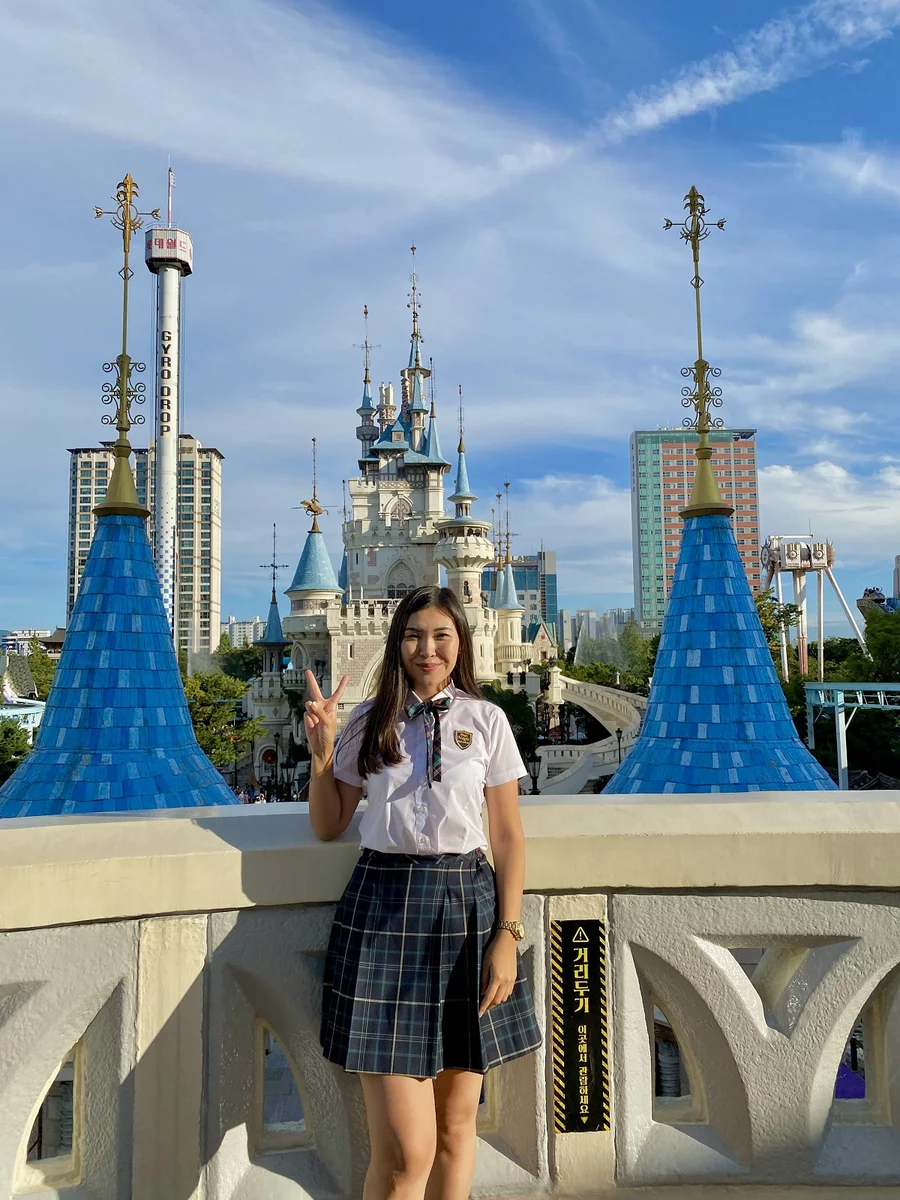
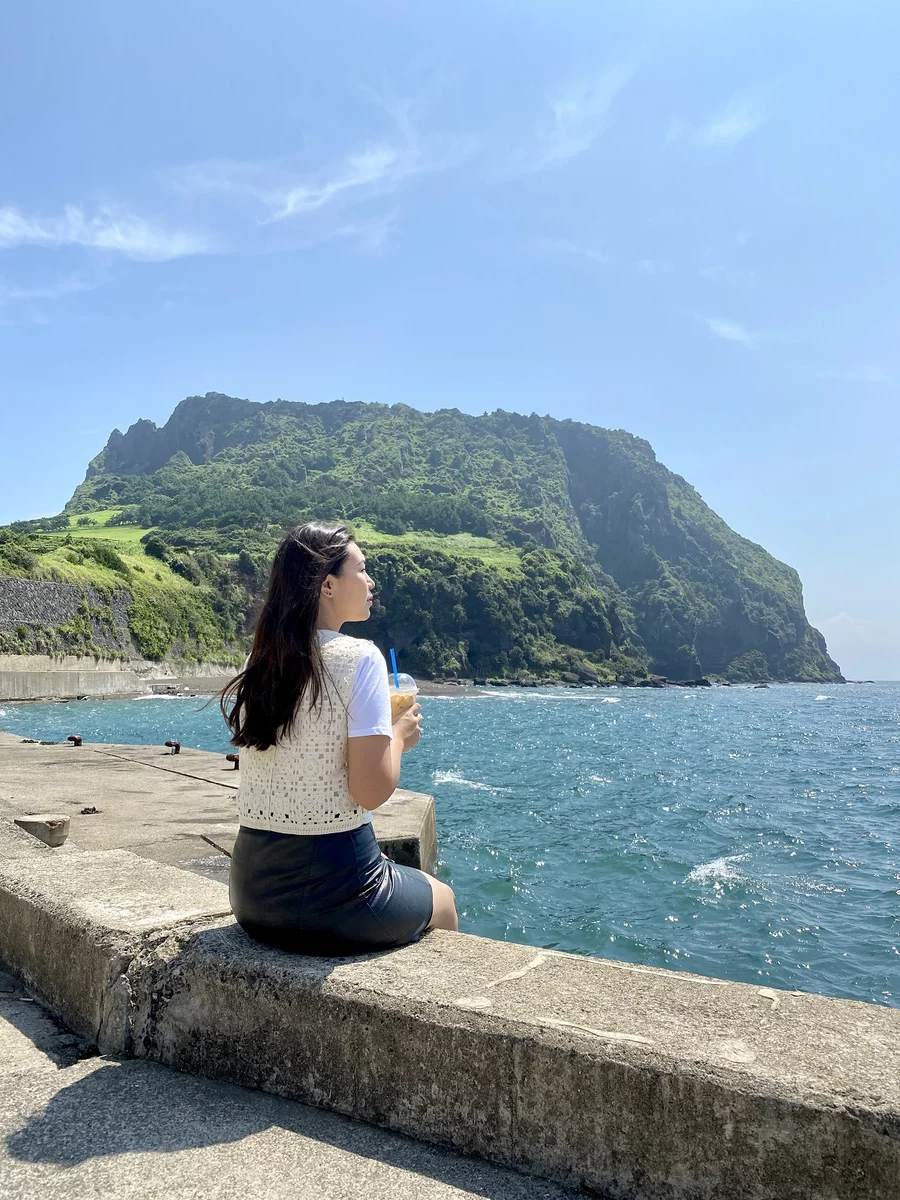
The most important part of my preparation for the move was to save a certain amount of money and prepare documents for the visa and university admission.
Of the documents I needed: a passport; bank statements confirming that I had $10,000 in my account; a diploma translated into Korean or English; and proof of payment for four semesters of study (this is the rule for citizens of Kazakhstan, Uzbekistan, and Kyrgyzstan; Russians, for example, can pay for only two semesters).
There were no particular difficulties, except for one: I had to wait almost two years for South Korea to restore the visa regime, as almost all types of visas had not been issued in the country for a long time because of the coronavirus.
The whole process of moving took me about four months.
South Korea will introduce two new visas: for digital nomads and for fans of Korean culture
«It is difficult to find an official job without a work visa»
Prices in South Korea are quite high, after the coronavirus, everything became more expensive. But food and other things are relatively inexpensive here, not counting meat and fruit. Almost all the foreigners I’ve talked to have noted this. To live here comfortably, you need to earn at least $2000, I think. The minimum wage in South Korea is about $1200.
Because Korea is a small country with a large population (in Seoul alone, the population of Kazakhstan lives in terms of volume of people), the housing prices here are out of this world. The prices for apartments in Seoul are almost unrealistic, as they reach a million dollars. The rental prices are also quite high: about $400–500 a month for a one-room small apartment, plus a deposit of about $10,000 — the higher the deposit, the lower the monthly payment.
The search for housing still awaits me in the near future, as I am currently living in the dorm at my university, and you can only live here for three semesters in a row. This is my last semester, so I will have to move out of the dorm and look for housing in the spring.
Note: According to Numbeo, the following are some examples of food prices in South Korea: one liter of milk costs $2.15, one kilogram of rice costs $3.67, one kilogram of chicken fillet costs $9.57, and one kilogram of apples costs $6.69.
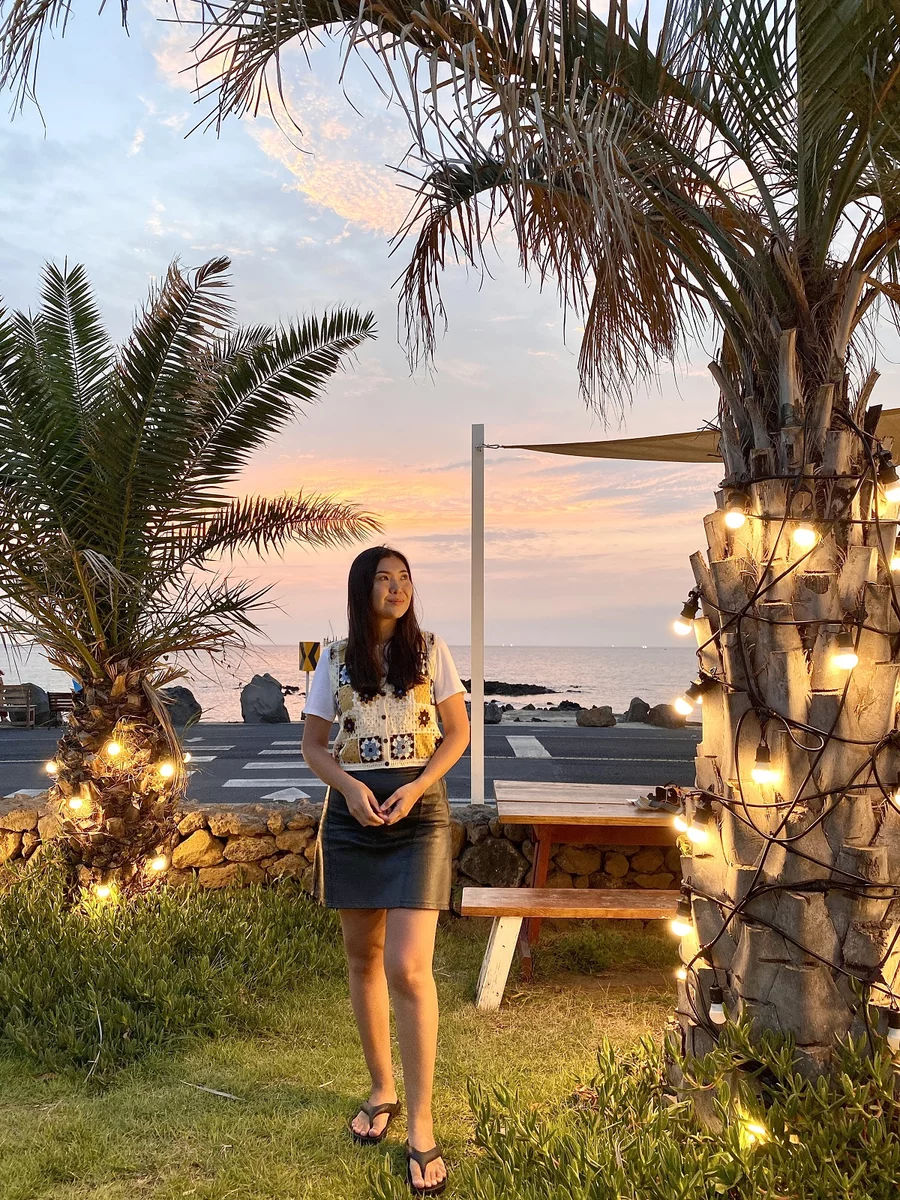

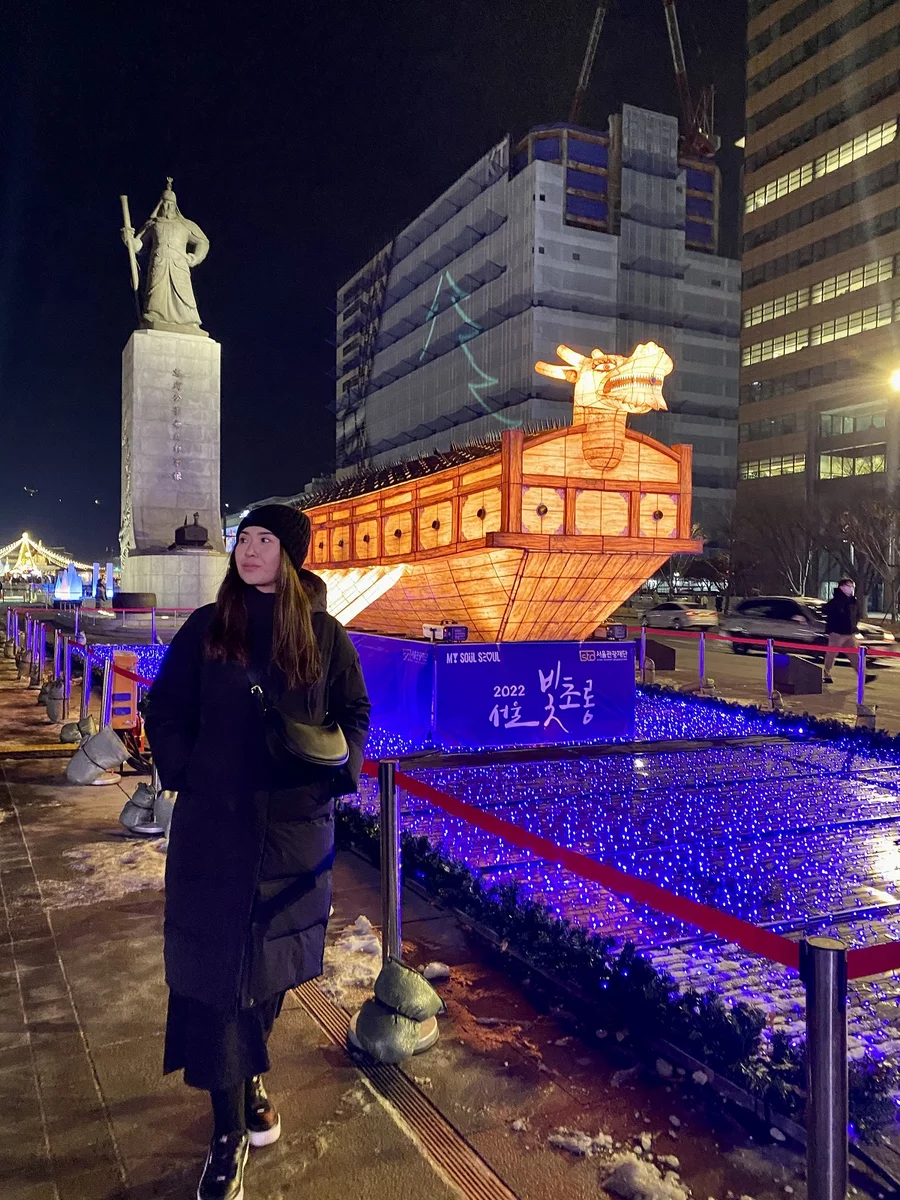
— It is difficult to find an official job in South Korea without a work visa. And with a D2/D4 study visa, you can be officially employed only after six months of training. However, you can get a part-time job unofficially in a café, or a store — there are no problems with it. It’s also worth noting that citizens of Uzbekistan have a labor agreement with Korea: they can come here on a work visa and work in factories. Kazakhstan and Russia have no such agreement.
You can easily open a bank account in Korea with a foreigner’s ID, although there are banks that open accounts even with just a passport.
As for healthcare, I can say that for the first six months, we had insurance that was paid for by the university; after that time, we had to join the state health insurance system and pay monthly. With this insurance, you can go to medical facilities at the same level as Korean citizens.
«The pace of life is very fast, Koreans are always in a hurry»
— I like South Korea because everything is done for people: for example, there is free drinking water everywhere, and there are also free and clean toilets (even on the street). I also like the fact that there are all kinds of free public places and lots of things to do because Korea has a fast pace of life and there’s always something going on. Furthermore, I also like the high-speed internet; sometimes there’s free Wi-Fi in the subway stations and on the street.
By the way, the subway here is very convenient and understandable: you can get to any point in Seoul and beyond in quite a short time. Also, all the stops and stations have displays that tell you when a certain bus is coming or what station the train is at right now.
I love going to interesting and beautiful coffee shops in South Korea. The coffee shops here are really on another level, as the marketing works very well because of the great competition.
Of the negatives, I can mention that there is a lot of bureaucracy here; you have to renew your visas every six months; also, housing is expensive, as are meat and fruit.
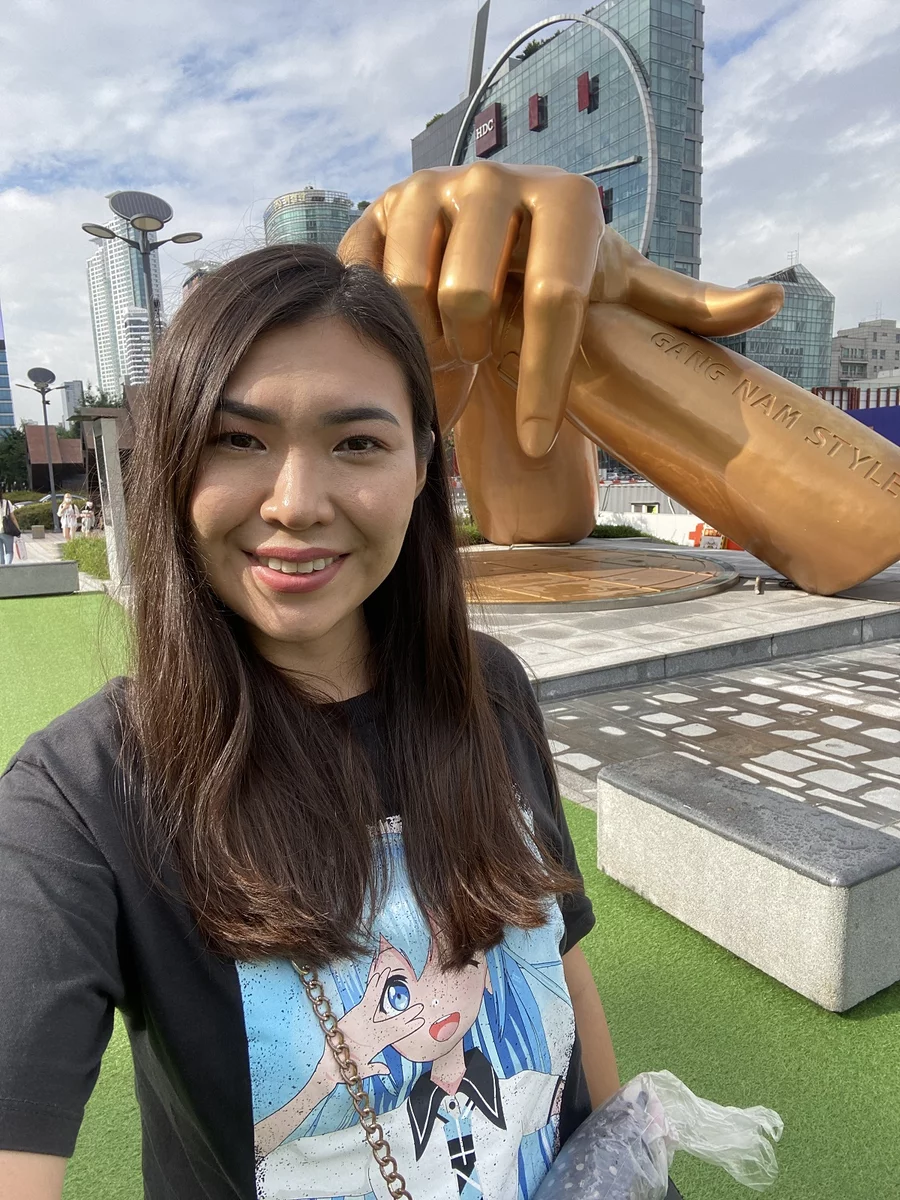
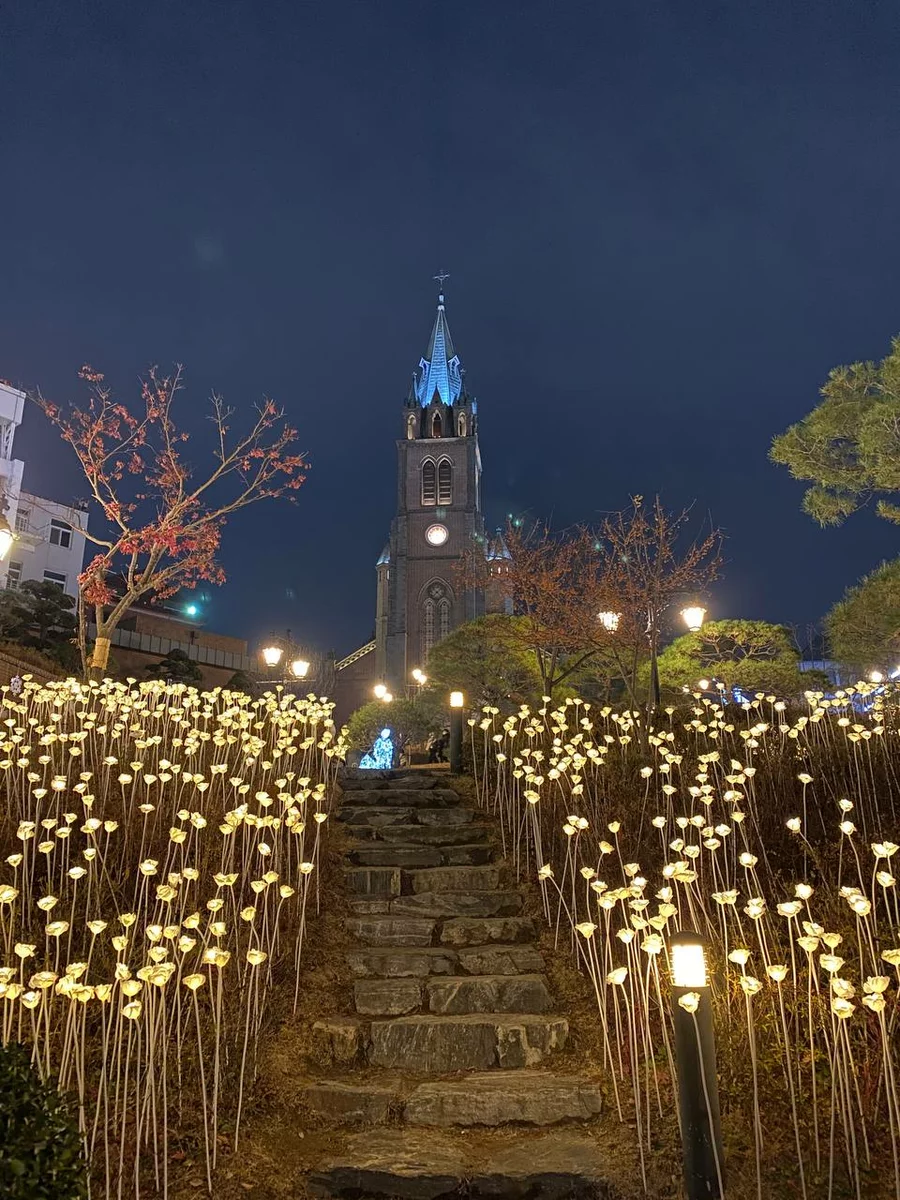
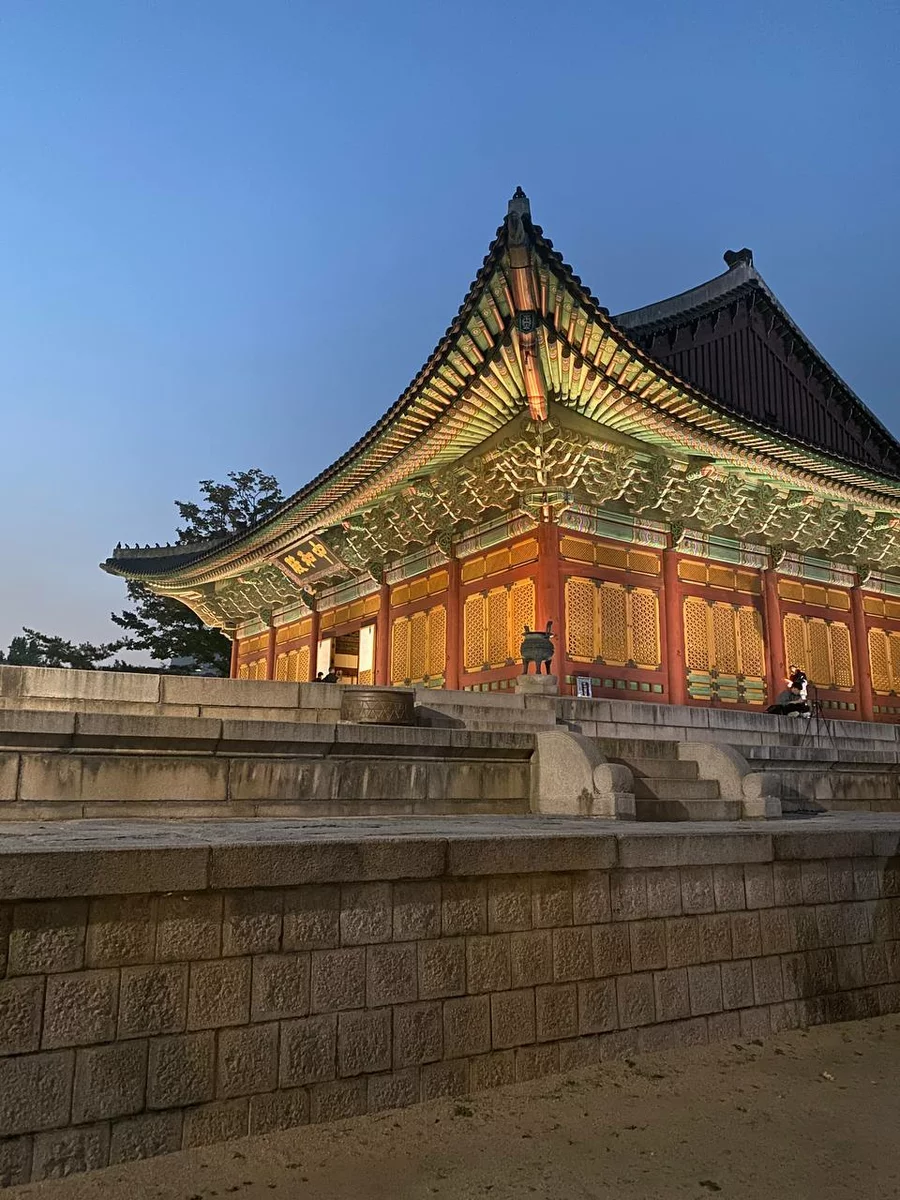
— In general, Koreans treat foreigners well; I have never encountered a negative attitude during my stay here. Since this is Korea, it’s comfortable to live here if you know Korean. Then you won’t have any problems at all.
Life in South Korea differs from life in Kazakhstan in terms of the standard of living and greater access to civilization. Also, the rhythm of life in Korea is very fast, Koreans are always rushing somewhere — in Kazakhstan, the rhythm is more measured.
When you move to South Korea, you need to remember that this is a different country, so you need to respect the culture and traditions of the locals. Also, you shouldn’t think that life here is the same as in the doramas; you shouldn’t idealize the country and the people.
You should be prepared that there is a lot of competition and that Koreans are hardworking people — you have to put in a lot more effort and work/study harder here than in Kazakhstan. In addition, it is advisable to come here with at least a basic knowledge of Korean or English.

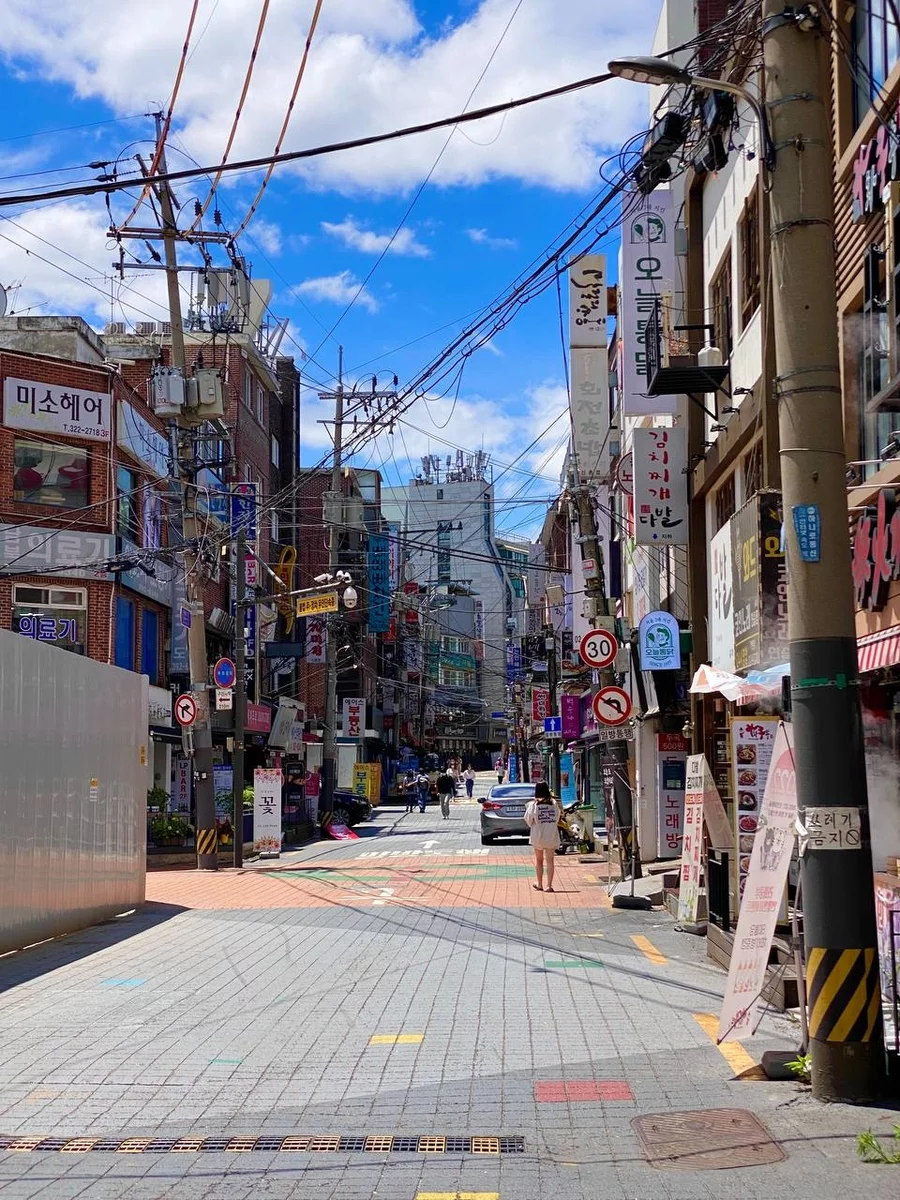
Do you want to share your personal experience of relocating and living in another country? Email us at info@realting.com. We will be happy to tell your story.
Author
I am responsible for editorial work. I write expert interviews and guides.






















